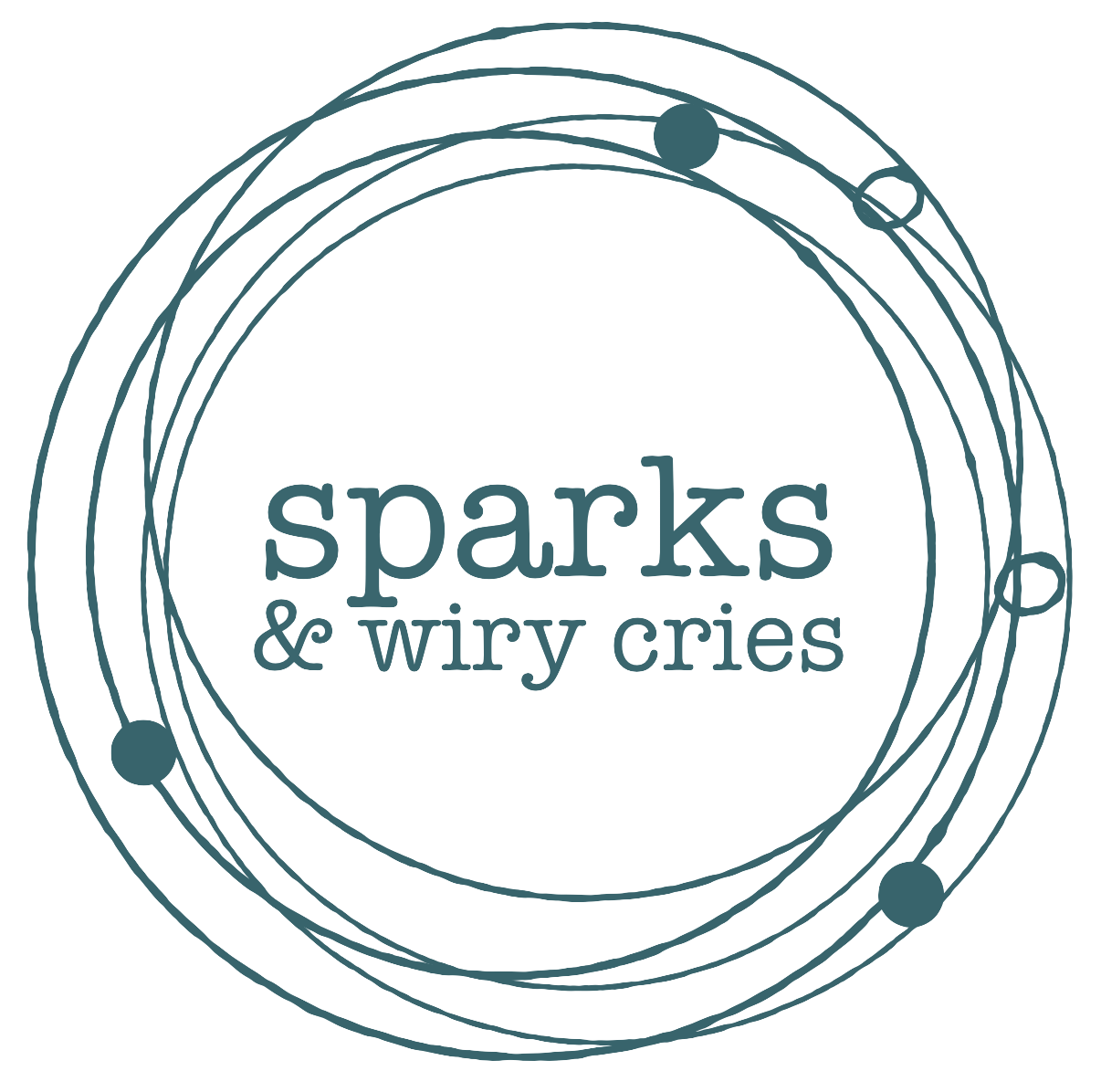NILOUFAR NOURBAKHSH | The Threshold of a Cold Season
We had the pleasure of recording “The Threshold of a Cold Season” by composer Niloufar Nourbakhsh, performed by GRAMMY-winning mezzo-soprano Sasha Cooke and pianist Ava Nazar. As we emerge from the darkest time of the year, we are excited to share this recording inspired by the winter equinox along with Niloufar’s commentary on how the piece came to be.
And here I am,
a lonely woman
on the threshold of a cold season
at the dawn of realizing earth’s sullied existence
and the sky’s blue despair
and the impotence of these hands made of cement.
Time passed.
Time passed and the clock struck four times.
Four times.
Today is the winter solstice
and I know the secret of seasons,
know the language of moments.
The Messiah sleeps in a grave
and the earth—the hospitable earth—
beckons one to serenity.
— Forough Farrokhzad, from Let us believe in the dawn of a cold season, translated by Sholeh Wolpé
S&WC: Niloufar, thank you so much for sharing this beautiful piece with us. Can you tell us about the genesis of “The Threshold of a Cold Season”? What was the inspiration behind this work?
NN: The origin of this piece lies within my second opera, Threshold of Brightness, co-created with my friend and collaborator, Lisa Flanagan, intricately weaving the life of Forugh Farrokhzad, a trailblazing feminist in Persian literature.
Centered around Forugh’s mysterious death in a car crash, the narrative unfolds in a dream-like state where she reckons with the ghosts of her past. Most importantly, it tells Forugh’s story through the lens of her original poem, Let us believe in the dawn of a cold season, revealing uncanny parallels to her death two years later.
While I was finishing this opera, Sasha Cooke commissioned me to write a short song for her to accompany her recital, How do I find you. I decided to set the beginning of Forugh’s aforementioned poem for Sasha, translated to English by Sholeh Wolpé, and titled the song “The Threshold of a Cold Season.”
Once I got the opportunity to write a new piece for versatile vocalist Mahya Hamedi, commissioned by Sparks & Wiry Cries, I wanted to return to Forugh’s poem and this time set it in my native language, Persian/Farsi. As the whole poem is quite long and could fill hours of music, I have selected three excerpts to construct a three-part cycle, titled Dawn, that will premiere at the sparksLIVE event Only Voice Remains on January 20.
S&WC: You mentioned that the poetry is by Iranian poet Forugh Farrokhzad (1934-1967), one of the great Persian poets of the 20th century. Her work is famous in Iran, but less well-known in America. Can you tell us a little more about her work and its significance to you?
NN: Forugh Farrokhzad is a feminist icon in Persian literature and perhaps one of the most famous Iranian women in the world. As Joanna Scutts writes in the Paris Review,
Farrokhzad is sometimes called the Persian Sylvia Plath, as she overlapped her in era, style, and untimely death (in Farrokhzad’s case, a car accident at age thirty-two.) Although the two poets did not read each other’s language, scholar Leila Rahimi Bahmany argues that both were tormented by the gulf between their ideal ‘self-image as artists’ and their cultures’ reductive and repressive visions of women.
Farrokhzad has a remarkable individual voice in her poetry; her words are sincere and personal. Everything about her life as a woman in 1960's Iran informs her poetry; her vision is so strong and timeless that her poems are still banned in the education system by the Islamic Regime in Iran today. In light of the Woman Life Freedom uprising in Iran in 2022, Forugh’s voice still contributes to the historical fight of Iranian women for freedom.
S&WC: You are a co-curator of the upcoming sparksLIVE event Only Voice Remains, taking place at National Sawdust on January 20. Would you introduce us to your collaborators and tell us a little more about your curatorial vision?
NN: Through the remarkable opportunity of working with Martha Guth and Erika Switzer, we were able to bring three different vocalists together in the format of an intimate recital. Each vocalist has a unique background and sonic quality. Abigail Sinclair, a Western classical vocalist, will perform Juhi Bansal's Love, Loss, and Exile with pianist Ava Nazar and cellist Karen Ouzounian, highlighting the Pashtun landay — a poetic folk couplet shared by women that exists primarily through an oral tradition. Vocalist Farnaz Ohadi will perform a set of her original songs focused on Persian flamenco, and Mahya Hamedi, with her background as a singer/songwriter, will premiere my new work, Dawn. The program also features a group structured improvisation, created by all the artists involved in the project.
I hope that the audience can leave this recital with a refreshed perspective on Iranian and Afghan women, one that shines on their beautiful resilience.
January 1, 2024
You can hear more from composer Niloufar Nourbakhsh at our sparksLIVE event at National Sawdust in Brooklyn, NY, on January 20. More details and tickets are available here.






